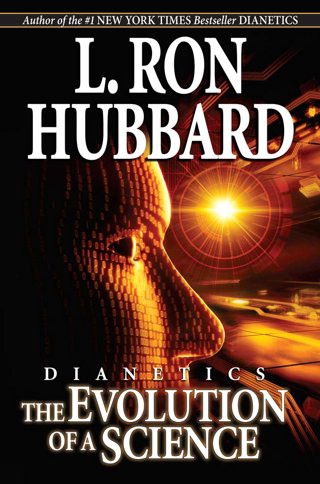The Basic Principles Of Dianetics
The Basic Principles Of Dianetics
Blog Article
The Best Guide To Dianetics
Table of ContentsDianetics Can Be Fun For AnyoneHow Dianetics can Save You Time, Stress, and Money.What Does Dianetics Mean?More About Dianetics
I could not ever not intend to obtain anything that enters your mind for you- if it was or else, I wouldn't be resting below with you, doing this. I not only could never ever have an issue, or not intend to listen to something that enters your mind for you, however I'm entirely excited to understand every idea, every idea, every photo or sensation that emerges or shows up for you- do not ever believe otherwise, and if somehow you do, please simply let me understand! Occasionally, you may have an idea, and picture, idea or event turn up that does not appear to answer the inquiry, or associate to it, but however, always do inform me concerning it, and as we proceed, the relevance will certainly emerge for you.This is integral in the basis of processing, and the topic of this discussion: the standard duties of the therapist and the customer: The basic function of the therapist is, unlike "typical training", not to manage, which means to implement and/or hinder, but to instead function from the basis of EMPOWERING THE CUSTOMER.

Little Known Questions About Dianetics.
John Mcmasters expressed this basic fact wonderfully well in one of his lectures on Power processing, wherein he clarifies how he was asked what this "special flair" was that he had for offering such wonderful sessions; he had to consider that for a minute, and detected that it was what he wasn't doing, in addition to what he was doing: he had not been evaluating, evaluating, computer, or actually, producing any kind of ideas, not to mention verbal expressions, after offering the command and while awaiting the computer to complete their solution to their complete satisfaction; he was, just and just, being existing with the PC, and entirely interested.
The function of the counselor, showed; that was his "unique flair". I have actually had my very own experience which instructed me this well, extremely beforehand in the video game. In 1982, having actually just recently completed my training and teaching fellowship on New Age Dianetics, I was running this on a PC, and there was a factor in the session where (being a bit wet behind the ears not yet having lots of hours under my belt as a specialist auditor) the computer seemed to be "taking too long" to reveal anything verbally after I gave him a command.
This key became the most important contribution that John ever before made to the topic of therapy or auditing (Dianetics). In my modest point of view, it is the best payment that any person has ever made to these subjectsthe application is entirely non-judgemental, non-evaluative, and empty of any tip, recommendations or opinion.no preconceived agenda for individuals, or 'degrees' that they must do
In Scientology we prided ourselves on not evaluating for individuals. All that really suggested was that the auditor did not Vocally examine for the PC in session.
Excitement About Dianetics

Any individual who had actually ever seen John audit might not help but observe a distinct top quality in his auditing."The customer's fundamental duty is to be there with the purpose of relocating in the instructions of their spiritual objectives, and to openly and completely share and experience whatever manifests for them in responding to the inquiries and performing the guidelines in the processing.
This is something to process as required. Additionally, individuals regularly have previous experience and/or indoctrination in auditing/processing which, in some ways, and to some levels, actually misinforms them right into perspectives, concepts and actions patterns that protect against the full awareness of these duties, and so they will often tend to hinder the expressing of what comes to mind, as in the instances offered over - Dianetics. * The first, and perhaps primary instances of mis-indoctrination bring about less than completely smooth and efficient sessions, can be discovered in specific elements of the training routines, or "TR's":"TR's" are often a person's first, or a minimum of early, experience in Scientology, and while I will take place to clarify what I see as the imperfections in principle and method, however, have a tendency to be substantially healing, done as they are offered (Hubbard firmly insists that "TR's are not refining, they are training", but factually, they are both processing AND training)
Alan Walter made comparable monitorings, and enhanced these with his "Visibility Processes". There is no "failing", and no rejection of the fact of this being processing. The focus, as it must be, gets on experiencing the other person's visibility. All the symptoms which get a "flunk" in doing "TR-0" are simply the being's initiatives to resist the other individual's presence, and instead than being bothered and nagged with "Flunk", which enforces "failure!" on the being, one just needs to be urged to "stick their feet in the water a little deeper", to significantly refurbish their capability and desire to fully share and experience "being below", or "visibility", with others.
The Definitive Guide for Dianetics

Report this page